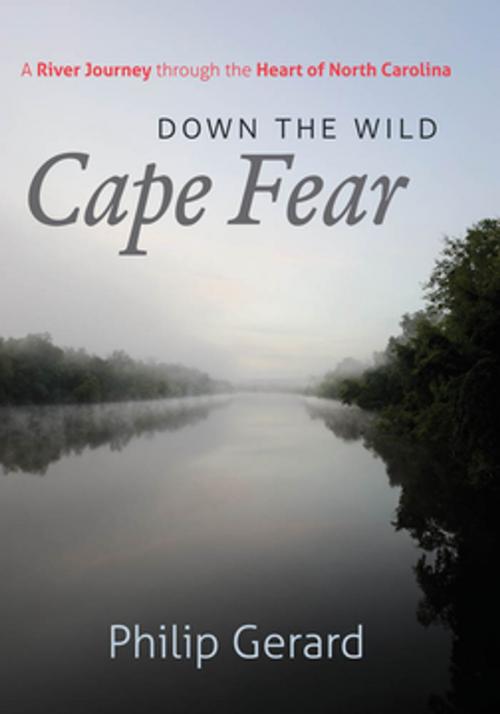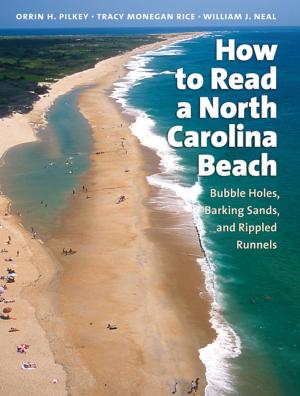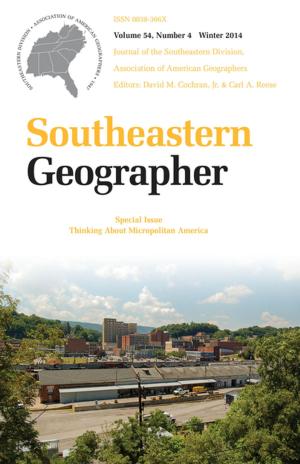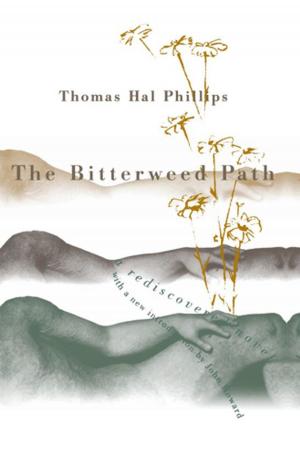Down the Wild Cape Fear
A River Journey through the Heart of North Carolina
Nonfiction, Science & Nature, Nature, Environment, Rivers, Travel, United States, South| Author: | Philip Gerard | ISBN: | 9781469608129 |
| Publisher: | The University of North Carolina Press | Publication: | March 4, 2013 |
| Imprint: | The University of North Carolina Press | Language: | English |
| Author: | Philip Gerard |
| ISBN: | 9781469608129 |
| Publisher: | The University of North Carolina Press |
| Publication: | March 4, 2013 |
| Imprint: | The University of North Carolina Press |
| Language: | English |
In Down the Wild Cape Fear, novelist and nonfiction writer Philip Gerard invites readers onto the fabled waters of the Cape Fear River and guides them on the 200-mile voyage from the confluence of the Deep and Haw Rivers at Mermaid Point all the way to the Cape of Fear on Bald Head Island. Accompanying the author by canoe and powerboat are a cadre of people passionate about the river, among them a river guide, a photographer, a biologist, a river keeper, and a boat captain. Historical voices also lend their wisdom to our understanding of this river, which has been a main artery of commerce, culture, settlement, and war for the entire region since it was first discovered by Verrazzano in 1524.
Gerard explores the myriad environmental and political issues being played out along the waters of the Cape Fear. These include commerce and environmental stewardship, wilderness and development, suburban sprawl and the decline and renaissance of inner cities, and private rights versus the public good.
In Down the Wild Cape Fear, novelist and nonfiction writer Philip Gerard invites readers onto the fabled waters of the Cape Fear River and guides them on the 200-mile voyage from the confluence of the Deep and Haw Rivers at Mermaid Point all the way to the Cape of Fear on Bald Head Island. Accompanying the author by canoe and powerboat are a cadre of people passionate about the river, among them a river guide, a photographer, a biologist, a river keeper, and a boat captain. Historical voices also lend their wisdom to our understanding of this river, which has been a main artery of commerce, culture, settlement, and war for the entire region since it was first discovered by Verrazzano in 1524.
Gerard explores the myriad environmental and political issues being played out along the waters of the Cape Fear. These include commerce and environmental stewardship, wilderness and development, suburban sprawl and the decline and renaissance of inner cities, and private rights versus the public good.















